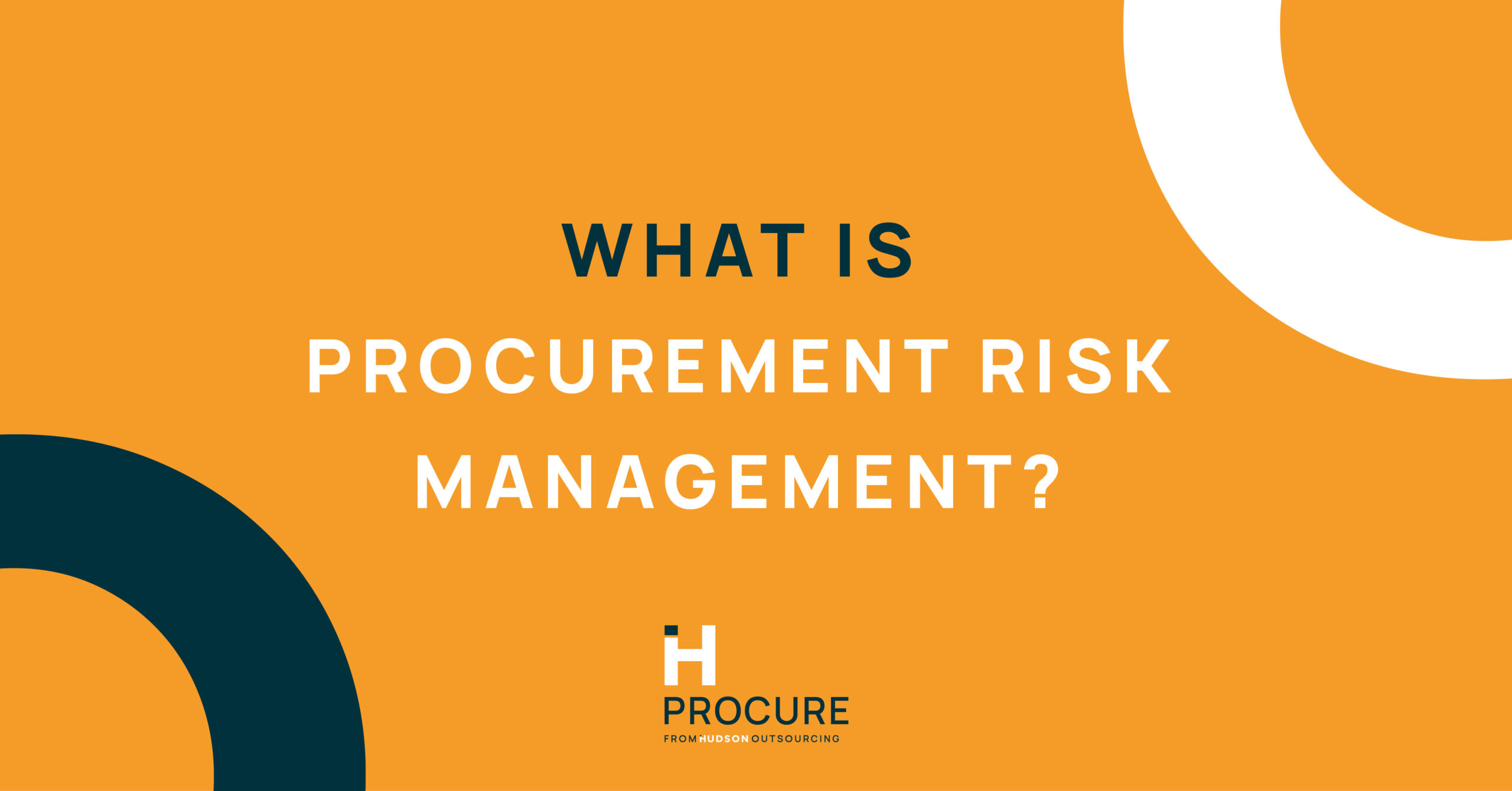New Procurement Bill set to transform UK spending
Changes to public procurement are in the pipeline, with the government’s Procurement Bill receiving a royal seal of approval. During the Queen’s speech, Prince Charles spoke of the Bill and the impact it could have on public procurement processes.
“Government will continue to seize the opportunities of the United Kingdom’s departure from the European Union to support economic growth. Regulations on businesses will be repealed and reformed.
“A Bill will enable law inherited from the European Union to be more easily amended. Public sector procurement will be simplified to provide new opportunities for small businesses.”
What’s included in the Procurement Bill?
Following Brexit, the UK is moving away from EU-based procurement laws and regulations.
The Bill includes several changes to public procurement in the UK, with the aim of increasing transparency for the taxpayer.
As part of the Procurement Bill, public authorities will be expected to publish notices of direct awards. Publication requirements will also be extended to include planning, termination, and contract performance.
Transparency is at the heart of these changes. To accommodate this, a single platform for contract data will be introduced, enabling everyone to have access to procurement information. As a result, public spending can be examined by all, leaving no doubt about the distribution of the taxpayer’s money.
Minister for Brexit Opportunities and Government Efficiency, Jacob Rees-Mogg, said:
“Now that we’re out of the EU, we can create a simpler and more transparent system that promotes competition among businesses and reassures taxpayers that every penny of their money is well-spent.”
What does this mean for UK-based organisations?
The UK Procurement Bill is set to bring positive change to the UK procurement process. The single platform (mentioned above) will enable suppliers to register their details and use these details for all bids. Not only that, but the increased transparency will enable them to see all opportunities in one place.
In particular, these changes will be a great benefit for SMEs. The Procurement Bill aims to accelerate spending and introduce prompt payment on a wider range of contracts.
Contracting authorities will also benefit from the changes proposed in the Procurement Bill. Public sector buyers will be granted more freedom and flexibility in their approach to procurement. It will present an opportunity to better negotiate with suppliers and design the buying process to meet their specific needs.
A debarment register will be introduced and will be accessible for all public sector organisations. This will list all businesses that should be excluded from contracts, increasing the buyer’s chance of finding the right supplier.
Procurement management procedures will also be streamlined. The seven procedures that are currently included in EU regulations will be replaced by three, simplifying the process for buyers.
When are the changes expected to happen?
At the time of writing this blog (May 2022), a timetable for the Procurement Bill is yet to be published. However, it is expected that authorities will be given six months’ notice before any changes are officially made.
The most important thing at this stage is that organisations prepare for these changes and their impact on public procurement.
A word from our Procurement Director
Speaking of the Procurement Bill, our Procurement Director, Daniel Gibson, says:
“The new Procurement Bill, and the anticipated changes the eventual legislation will bring, provide both a great opportunity for change in the way public procurement is delivered in the UK and, undoubtedly, a range of challenges for contracting authorities as Procurement Teams absorb and adapt to the new regulations.
Several of the features set out in the Procurement Bill are aimed at simplifying the procurement process and handing more control to buying organisations to configure procurement to their specific needs. This creates a fantastic opportunity to fully harness the power of effective procurement. However, it also means that to drive maximum value in our public procurement activity, practitioners will need to understand and embrace the changes. They should prepare to deliver procurement with more dynamism and be bold enough to drive innovative procurement.”
How can Hudson Procure help you navigate these changes?
Many businesses might be unsettled about the Procurement Bill and what it means for their procurement strategies. However, these changes will provide both buyers and suppliers with new opportunities and will open many doors for UK businesses.
If you need extra support to navigate these changes, the Hudson Procure Team are on hand to help.
Get in touch with the team to find out more about the support on offer.
What services do we offer?
Procure Consult
With Procure Consult, we offer support with tender management and ad-hoc procurement consultancy. Our expert team will manage the end-to-end procurement process or offer assistance with any stage, as and when required.
Procure Health Check
With Procure Health Check, we’ll conduct a full review of the strategic and operational procurement processes within your organisation. We’ll identify the areas that need improvement and help you drive greater value from the procurement process.
Procure Analyse
The purpose of Procure Analyse is to conduct a high-level analysis of your spending activity. We’ll help you understand your current purchasing behaviour and highlight areas that can deliver greater value. Procure Analyse is also offered as part of Procure Health Check or as a standalone service.
Procure Outsourcing
With Procure Outsourcing, we deliver a range of procurement solutions on an outsourced basis, completely bespoke to you. This can range from delivering multiple tender projects as a package to delivering the full procurement function of your organisation.
Procure Post
Are you trying to find a supplier for your project? Post your tendering opportunity onto any of our 11 sector-specific portals for FREE with Procure Post!
Housed by our sister company, Hudson Discover, our portals host thousands of tendering opportunities for organisations of all sizes. For an additional cost, we’ll even help you identify your requirements and find the most suitable suppliers for your business.
Get in touch for a consultation and find out how we can help your business drive better value from procurement.
Check out our other blogs for further Procurement Insights:









